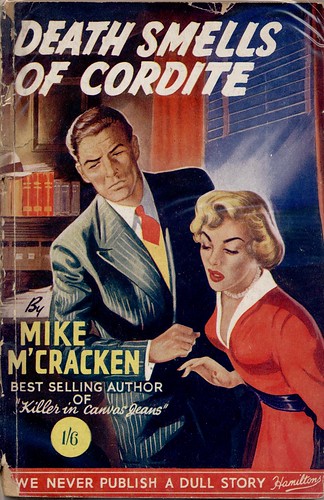Is the smell of pizza the key to creativity?
.
Sleep has been shown to facilitate creativity. Researchers wanted to see if they could coax the brain into continuing work on a problem while people were unconscious.
Scientists put an odor in the air while subjects were working on a challenging task. While the subjects slept that night, the odor was again diffused into the room. This stimulated their brains to keep working on the problem while they slept. When they awoke they were more creative:
Both scientists and artists have suggested that sleep facilitates creativity, and this idea has received substantial empirical support. In the current study, we investigate whether one can actively enhance the beneficial effect of sleep on creativity by covertly reactivating the creativity task during sleep. Individuals’ creative performance was compared after three different conditions: sleep-with-conditioned-odor; sleep-with-control-odor; or sleep-with-no-odor. In the evening prior to sleep, all participants were presented with a problem that required a creative solution. In the two-odor conditions, a hidden scent diffuser spread an odor while the problem was presented. In the sleep-with-conditioned-odor condition, task reactivation during sleep was induced by means of the odor that was also presented while participants were informed about the problem. In the sleep-with-control-odor condition, participants were exposed to a different odor during sleep than the one diffused during problem presentation. In the no-odor condition, no odor was presented. After a night of sleep with the conditioned odor, participants were found to be (i) more creative and (ii) better able to select their most creative idea than participants who had been exposed to a control odor or no odor while sleeping. These findings suggest that we do not have to passively wait until we are hit by our creative muse while sleeping. Task reactivation during sleep can actively trigger creativity-related processes during sleep and thereby boost the beneficial effect of sleep on creativity.
Source: “Good morning creativity: task reactivation during sleep enhances beneficial effect of sleep on creative performance” from Journal of Sleep Research
Join over 195,000 readers. Get a free weekly update via email here.
Related posts:
How To Stop Being Lazy And Get More Done – 5 Expert Tips
How To Get People To Like You: 7 Ways From An FBI Behavior Expert
New Harvard Research Reveals A Fun Way To Be More Successful




